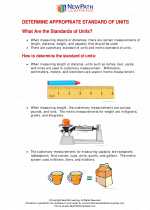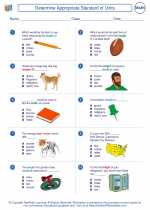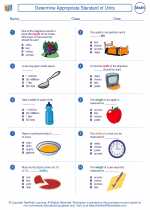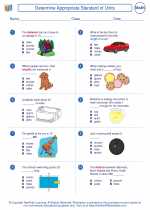Associative Property
The associative property is a fundamental property of addition and multiplication that states that the grouping of numbers does not affect the result of the operation. In other words, when adding or multiplying three or more numbers, the result is the same regardless of how the numbers are grouped.
Associative Property of Addition
For addition, the associative property can be expressed as:
(a + b) + c = a + (b + c)
In other words, when adding three or more numbers, the sum is the same regardless of how the numbers are grouped.
Associative Property of Multiplication
For multiplication, the associative property can be expressed as:
(a * b) * c = a * (b * c)
This means that when multiplying three or more numbers, the product is the same regardless of how the numbers are grouped.
Understanding the associative property is important in simplifying calculations and understanding the properties of numbers and operations.
[Associative Property] Related Worksheets and Study Guides:
.◂Math Worksheets and Study Guides Third Grade. Determine Appropriate Standard of Units

 Worksheet/Answer key
Worksheet/Answer key
 Worksheet/Answer key
Worksheet/Answer key
 Worksheet/Answer key
Worksheet/Answer key
